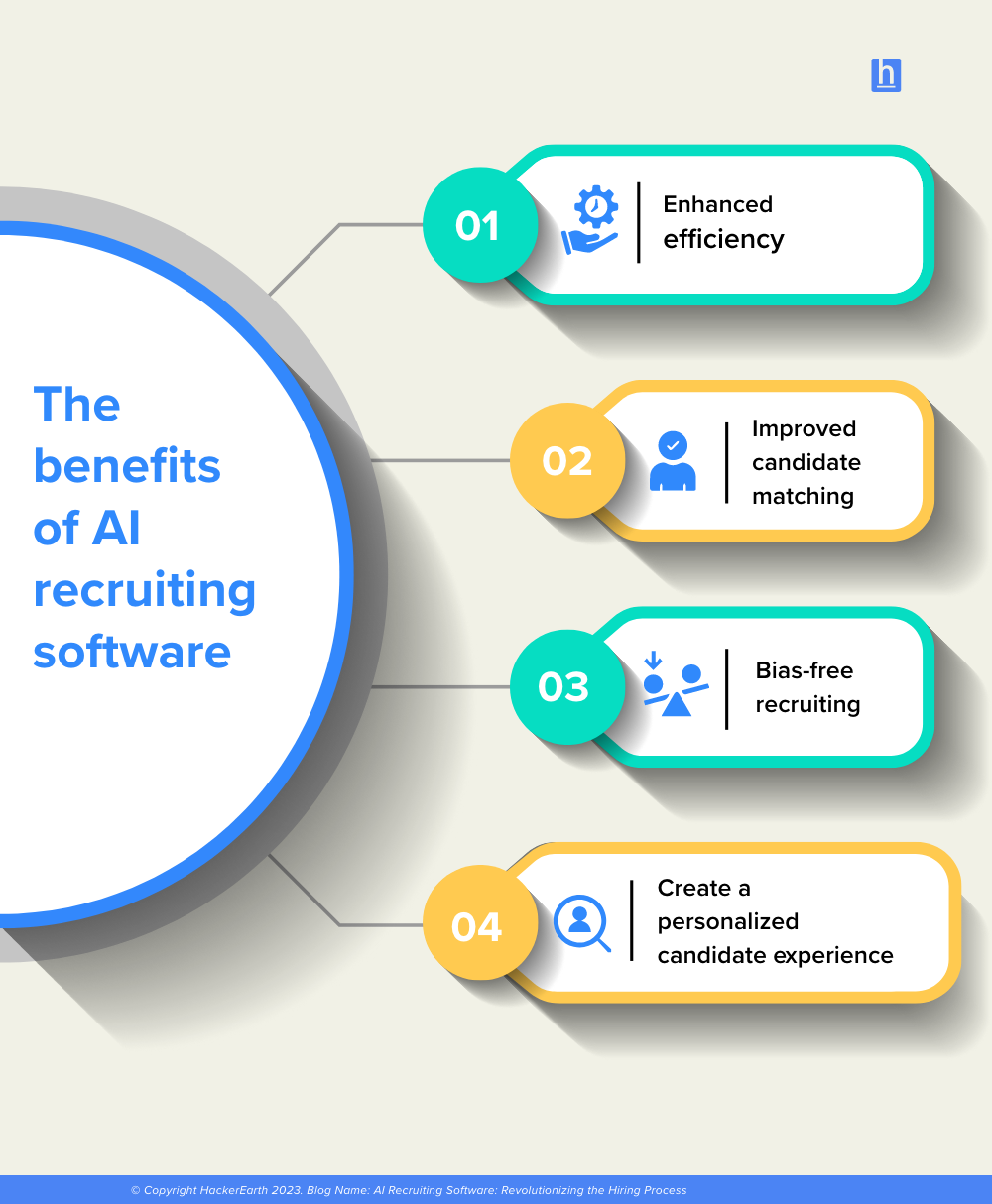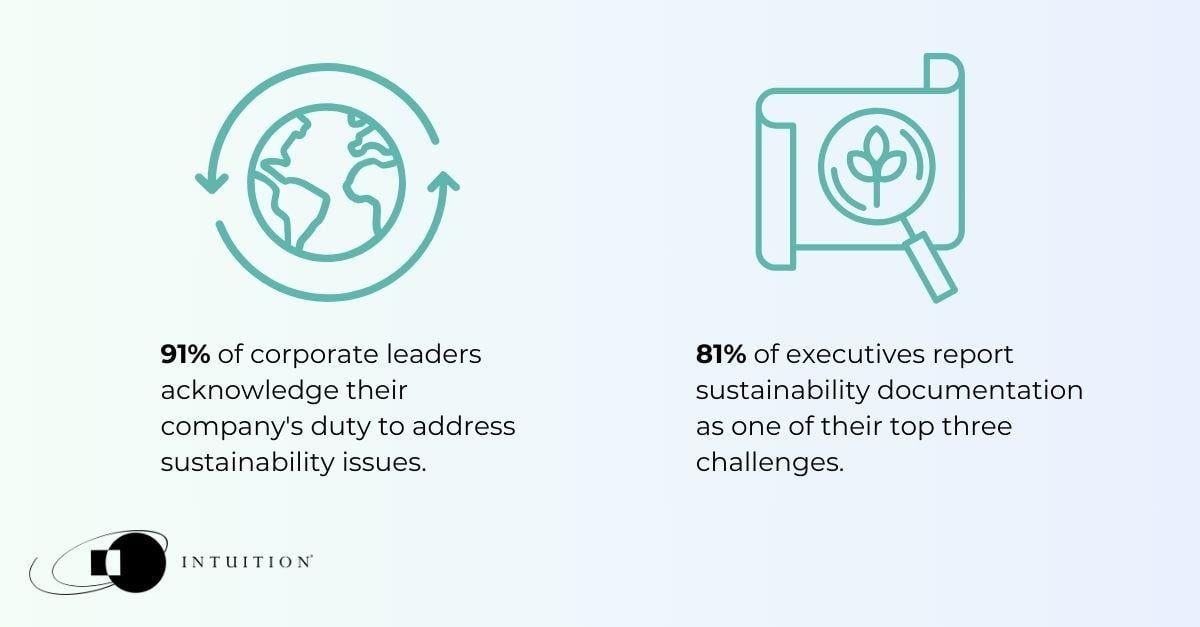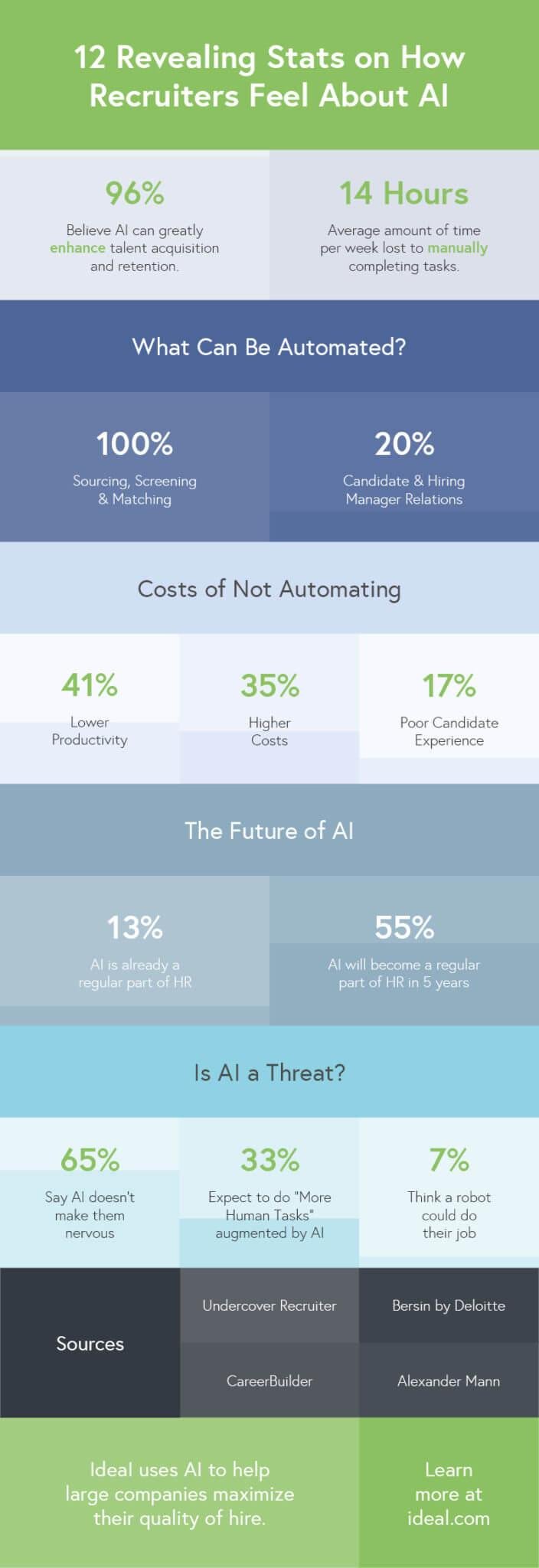Approximately 45% of over 1.500 employees surveyed by HR Dive, have stated that they declined job offers due to negative interview experience.
During the process of job interviews, it is customary for recruiters to follow a structured format and ask questions that pertain to the role and the company.
Inappropriate Questions and Concerns as reported by candidates
Building upon this topic, we conducted a survey with our LinkedIn followers coming from all over the world, to delve deeper into the issue of job interview experiences.
The objective was to determine whether our followers had encountered surprising or inappropriate questions during their interviews. The results were quite revealing, with 67% of respondents stating that they had indeed faced such questions, while 33% reported not experiencing any.
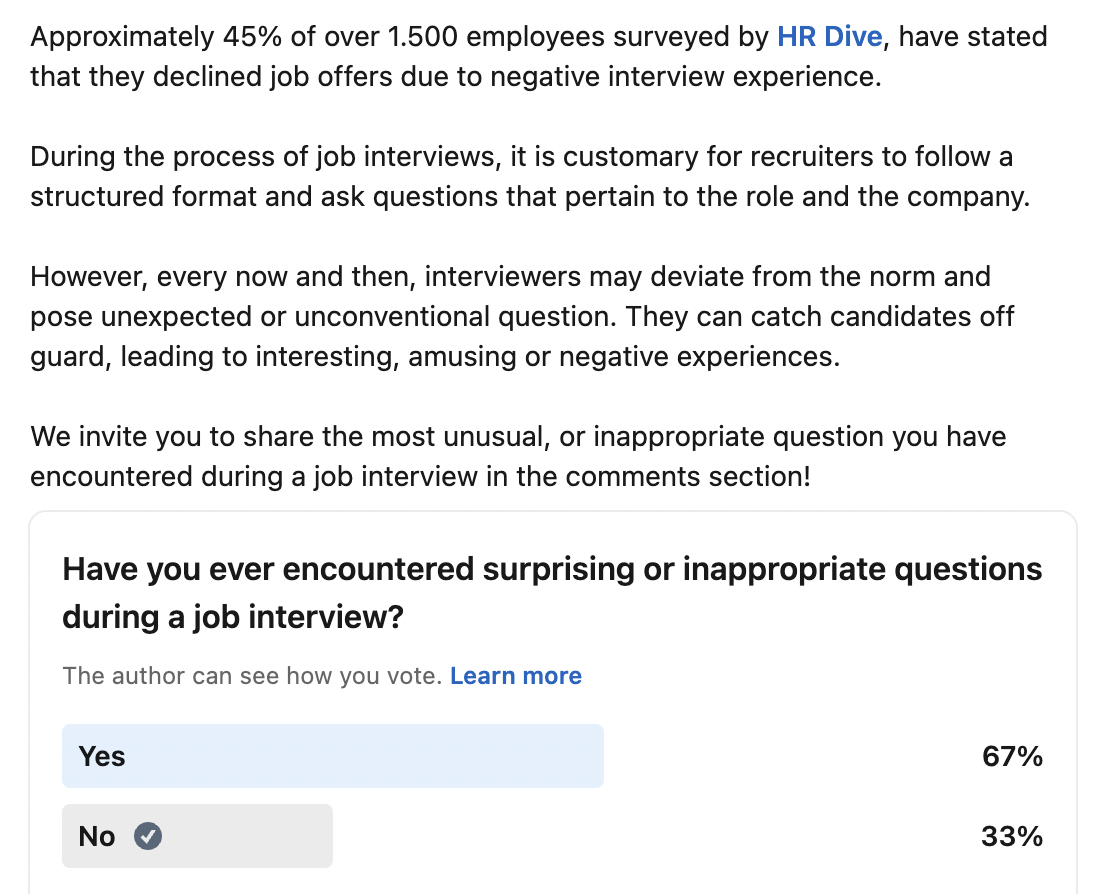
Results of a Prosperity conducted survey on the topic of inappropriate questions during job interviews. Source: LinkedIn.
Types of inappropriate questions candidates tend to receive
Within the billions of jobs interviews conducted every year, we could find very inappropriate questions, but one instance doesn’t make a pattern. To understand which are the most common questions candidates can expect, we have extracted the most common out there from our most recent survey around the topic, researched and asked experts their opinion on the matter.
1. Overly personal questions (invasion of privacy)
Some of these included inquiries about having children or plans to have children, which can be considered discriminatory and intrusive. Questions about your sexual orientation or religion beliefs are rarer in the digital environment but can still be asked on occasion. These are very, very inappropriate (sometimes illegal depending on the country) and shouldn’t be asked.
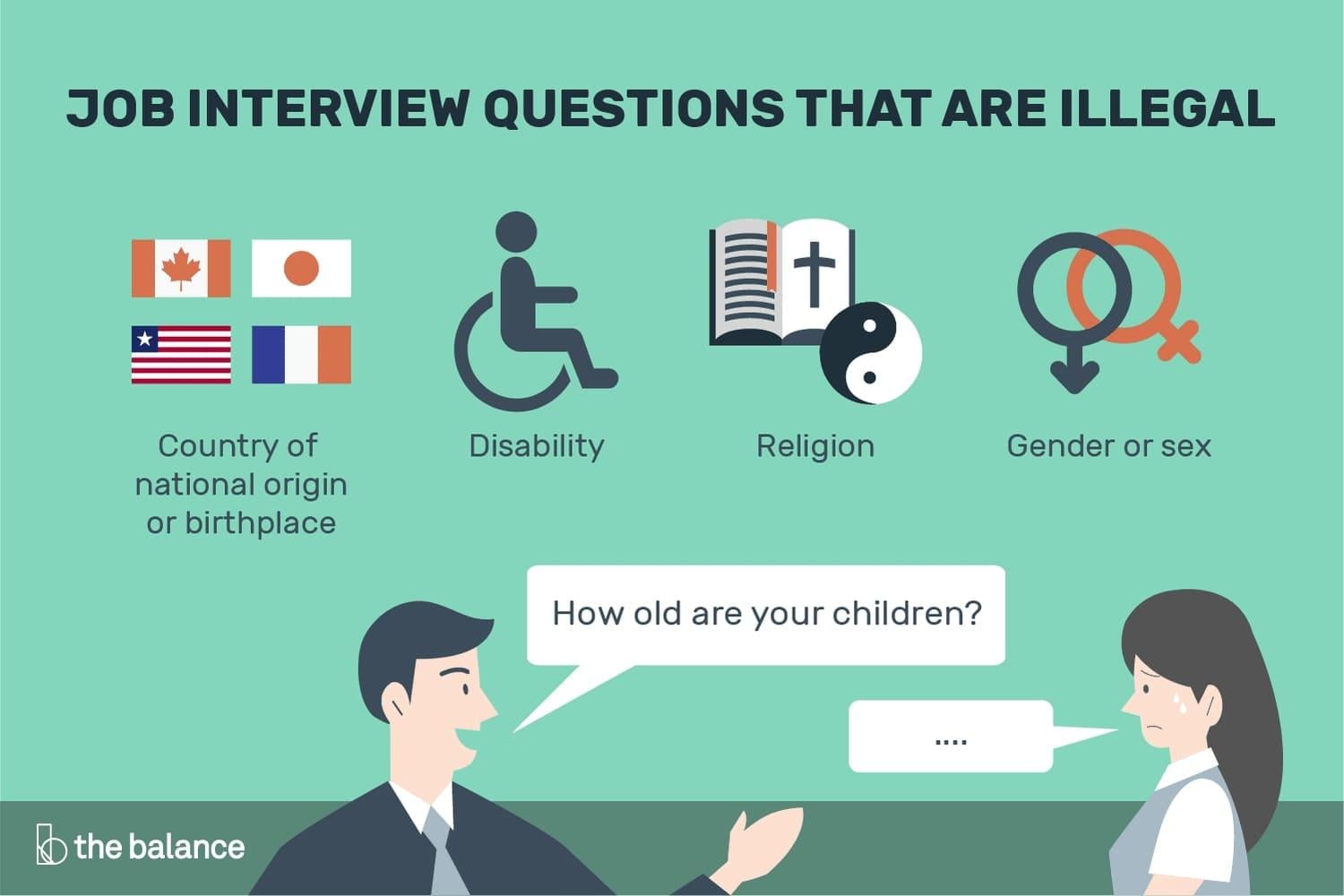
Illegal Job Interview Questions. Source: The Balance Money.
Elisa Barnett, Head of Talent Operations at Prosperity Recruitment, with more than 15+ of experience in HR offers advice on how to handle very inappropriate questions “One direct way to reply to a question you consider inappropriate is just politely saying that you are not comfortable or that you would prefer not to answer that specific question on personal grounds. If you think that is too direct, you can ask the interviewer in what ways the question is related to the job in discussion, and if that information that is necessary to answer.” It is uncommon for interviewer to push and insist if you politely decline to answer a question clearly off-limits.
Age-related questions might also come up, perhaps indirectly. In our survey re participants mentioned this as another form of inappropriate questioning during interviews. Such inquiries can violate employment laws and lead to bias in candidate selection.
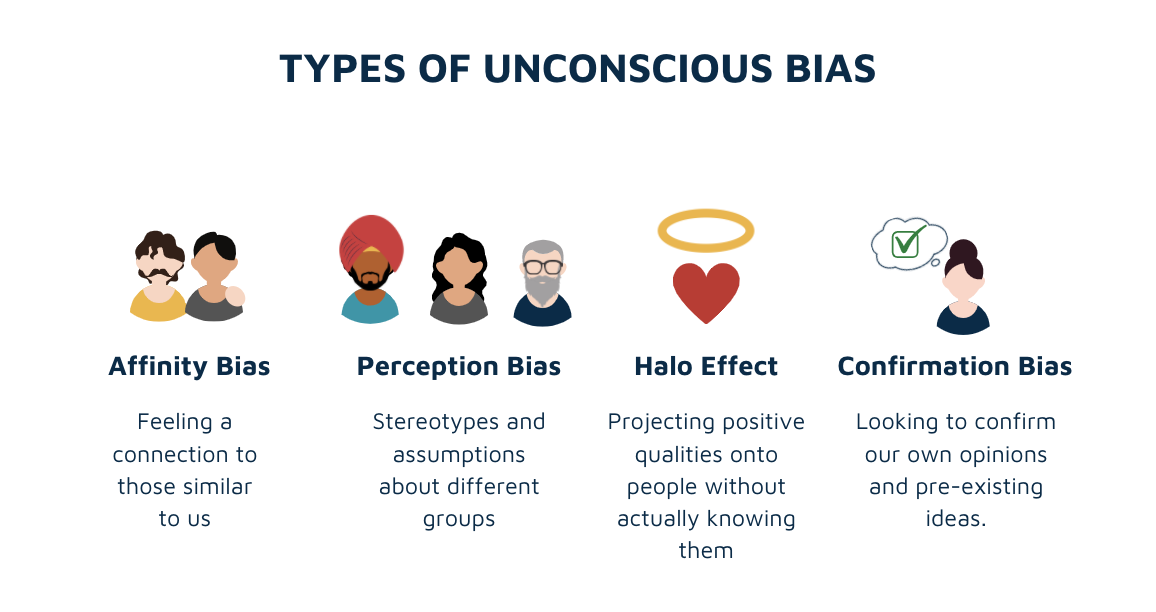 We all have biases, the most difficult to counter are the unconsious, and they play a role too in interview processes. Source: Applied
We all have biases, the most difficult to counter are the unconsious, and they play a role too in interview processes. Source: Applied
In situations where there are exceptions, it typically involves questions related to the job, such as the person's openness to relocating, Elisaadds "Rule of thumb: any question that might be potentially discriminatory should be off-limits. Anything you don't need to know, such as age, sexual orientation, religious orientation, relationships, tastes, etc., should also be avoided."
2. Inappropriate requests
Another concern raised by our followers pertains to the requirements imposed by employers regarding CVs, particularly the inclusion photos. Many followers consider this unnecessary and potentially discriminatory, as it infringes upon the principles established by GDPR laws in Europe and similar privacy laws elsewhere. These regulations aim to safeguard individuals' personal data from being exploited by third parties without their consent. It is crucial to respect these laws and refrain from soliciting personal information such as photographs, personal preferences, or specific dates from individuals.
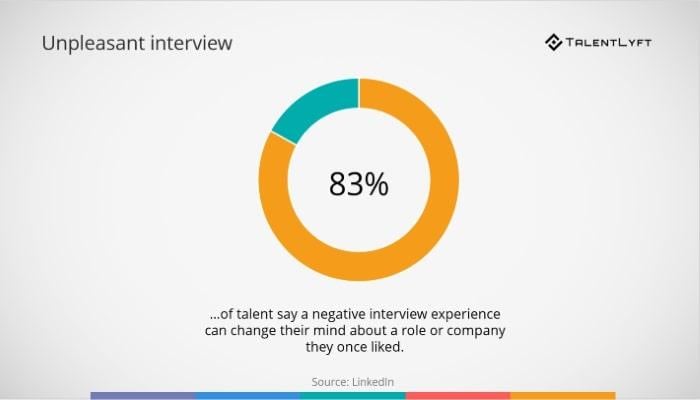
Top 10 Characteristics Every Good Interviewer Has. Source: TalentLyft.
These findings emphasize the need for organizations to improve their interview processes and ensure that candidates are treated fairly and respectfully.
“Not all recruiters follow the exact same format as each role has specific requirements and each candidate is different. Moreover, recruiters have their own personal style and way of interviewing. At Prosperity we do have templates with type of questions that should be asked for specific clients or specific roles.” says Elisa Barnett.
3. Discriminatory questions
Employers should be mindful of the questions they ask and refrain from engaging in practices that may perpetuate bias or discrimination. Any question about race, skin colour, body shape, physical traits, disabilities, and so on should be flagged.
At the same time, candidates should be ready to offer a polite counter to any questions they do not feel comfortable answering. Most of the time these questions are not asked in bad faith, it is just a lack of knowledge on the issue or lack of good training on the matter.
4. Personality Tests. Is it inappropriate if you are asked to take one?
In our recent survey, participants expressed their concerns about personality tests, stating that they often serve as an excuse for employers to favour different candidates. Are they discriminatory? Officially, these are not discriminatory per se, they are used as tools to further understand in what ways you will fit in the current team of the organisation.
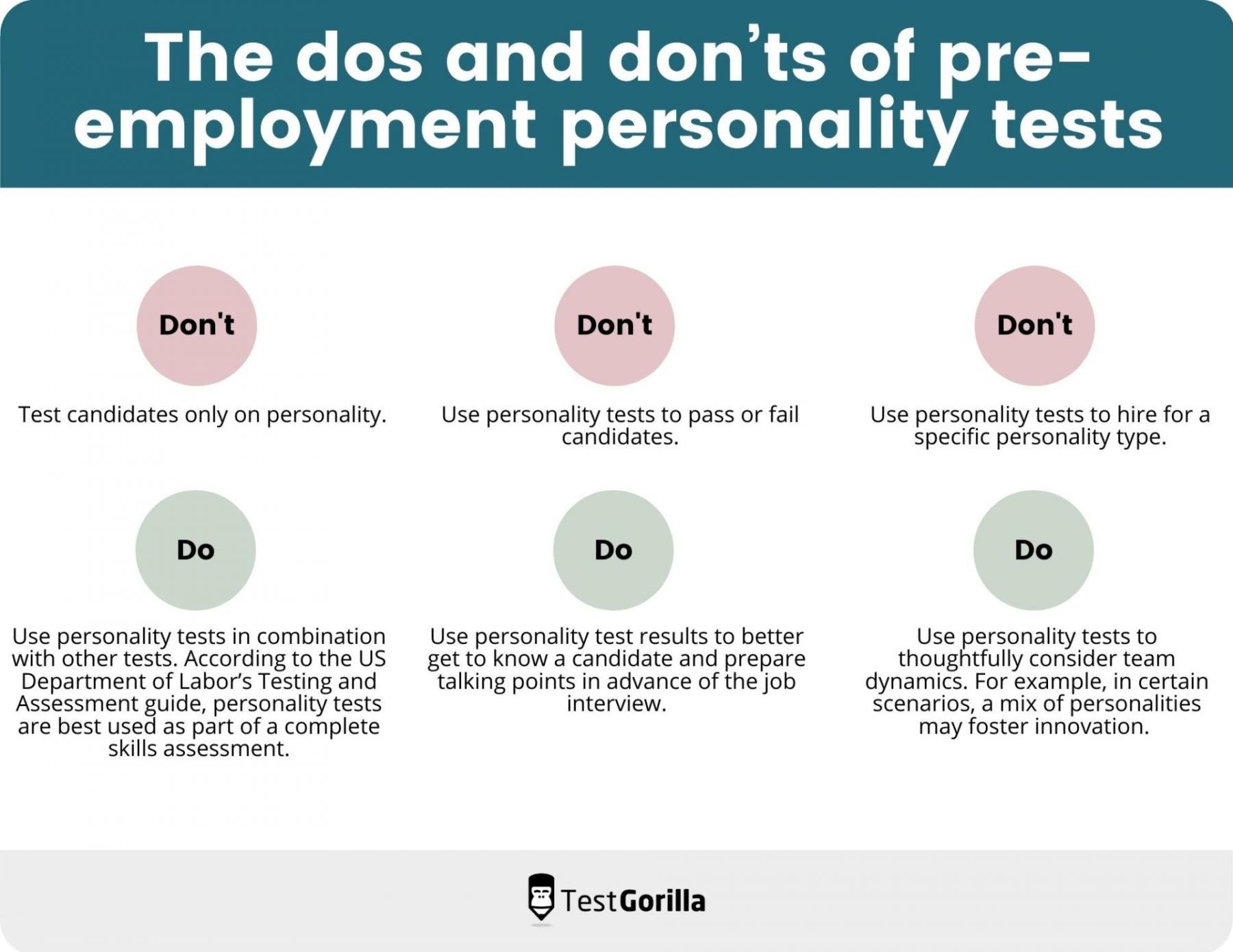
How to use personality tests in the hiring process. Source: Test Gorilla.
What can recruiters do to avoid asking inappropriate questions?
Beyond the too personal questions, or outright discriminatory questions, which simple common sense should be enough for anyone to avoid, there are other types of questions that might not at first seem inappropriate but turn out to be.
Elisa Barnet recommends having a script in mind for the interview. But one that leaves spaces for a little improvisation and a natural conversational tone where each can learn from the other without entering dangerous territory.
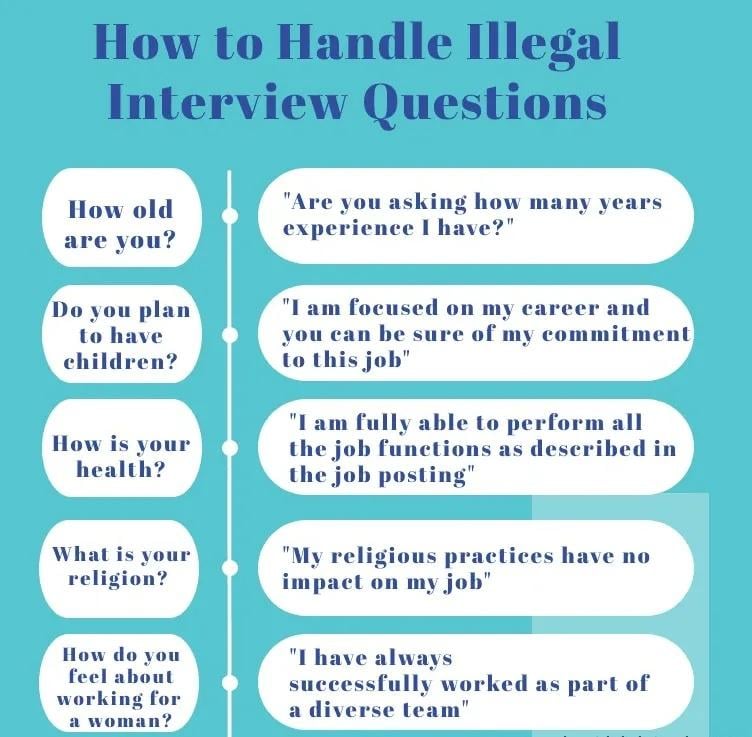
Be ready to dribble those questions politely and effectively. Source: EvalCommunity
“I think a good interview should be a balance between getting all the specific data you need from the candidate to make sure they match the vacancy, and at the same time creating a space where there is trust and a bit of lightness so that the candidate can also feel comfortable and share more than what can be seen on paper (regarding their personality, their ambitions, etc) and that they can ask questions that allow them to see if the company is a good match for them. I would recommend having a script in mind but also letting the conversation unfold naturally and could ask appropriate but sometimes out-of-the box questions to get the most out of the interview. “
When recruiters receive inappropriate questions or remarks
This is something that happens less often. Recruiters overwhelmingly lead the interviews so they can quickly change subjects or stop a digression. However, it can happen, and recruiters sometimes get too personal and innapropriate questions. Those should of course be avoided by candidates. For example, It’s not uncommon for candidates to express negative opinions from past colleagues and employees, which even if it’s not illegal, it’s inappropriate as it’s not the kind of information that recruiters should be dealing with, it reflects bad on candidates. Finally, candidates shouldn’t be voicing political questions or strong opinions about topics that don’t inform the recruiter about their professional capabilities or how they can do the job at hand.
It is important to understand the confinements of a job interview. Time is limited so there so much you can talk about it.
Takeaways
The survey and interview conducted highlight the prevalence of inappropriate and discriminatory questions in job interviews, with a significant number of candidates experiencing such issues. To ensure fairness and legality, organizations should establish off-limits questions that focus solely on professional qualifications and avoid personal inquiries. A balanced interview approach that combines relevant data-driven questions with creating a comfortable environment allows for a comprehensive understanding of candidates while promoting transparency and a positive candidate experience.
If you require assistance in your talent acquisition efforts, our team at Prosperity is only a message away! Should you have any questions, we are always happy to help and provide our expertise.
Prosperity
If you want to know more about the recruitment process at Prosperity get in touch!
Moreover, if you are looking for guidance on salaries, download our 2023 Salary Survey!


